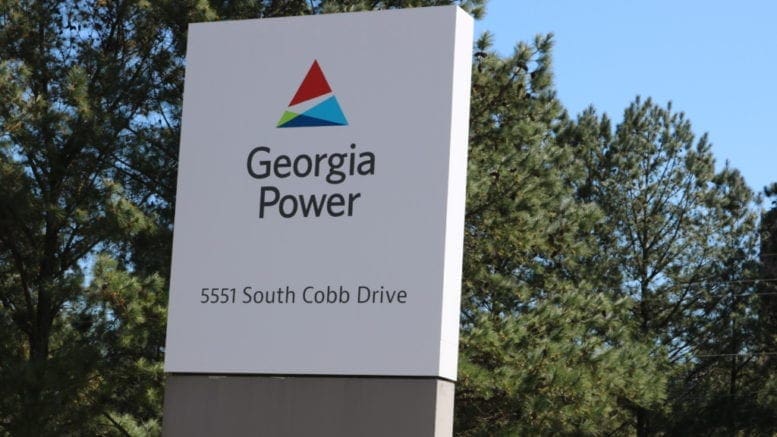Georgia Power announced in a press release that the dewatering of toxic coal ash ponds at Plant Yates near Newnan will begin in mid-May.
According to the press release, the process has already begun at Plant McDonough in Cobb County, along with three other plants: Bowen, McManus and Branch.
“As we begin the dewatering process at Plant Yates, we are pleased with the progress we have made on our ash pond closure process throughout the state at all of our plants,” said Dr. Mark Berry, vice president of Environmental & Natural Resources for Georgia Power. “We continue to focus on safety and meeting all compliance requirements throughout the process to fulfill our longstanding commitment to protect the environment and local communities. We have invested in appropriate water treatment systems to help ensure that our dewatering process is protective of the area’s rivers. Throughout the process, clear communication to our customers and the community about our progress remains a priority.”
Coal Ash
Coal ash is one of the largest forms of industrial waste in the U.S.
According to the EPA, “Coal ash contains contaminants like mercury, cadmium and arsenic. Without proper management, these contaminants can pollute waterways, ground water, drinking water, and the air.”
The issue of coal ash disposal came to national attention when coal ash spills in Tennessee and North Carolina in 2008 and 2014 caused serious environmental and economic damage.
Environmental groups have been critical of Georgia Power’s method of disposal, and called for Georgia Power to remove the contents of the coal ash ponds to lined landfills away from bodies of water.
Georgia state Representative Mary Frances Williams (D-Marietta), who is a member of the Natural Resources and Environment Committee, put forward a resolution urging “Georgia Power to remove all buried and unburied coal ash piles from Plant McDonough and place it in a lined landfill.”
Georgia Power stated in the press release:
Georgia Power’s ash pond closure plans fully comply with the federal CCR rule, as well as the more stringent requirements of Georgia’s state CCR rule. Georgia was one of the first states in the country to develop its own rule regulating management and storage of CCR such as coal ash. The state rule, which goes further than the federal rule, regulates all ash ponds and landfills in the state and includes a comprehensive permitting program through which the EPD will approve all actions to ensure ash pond closures are protective of water quality.

Good article on a very important subject